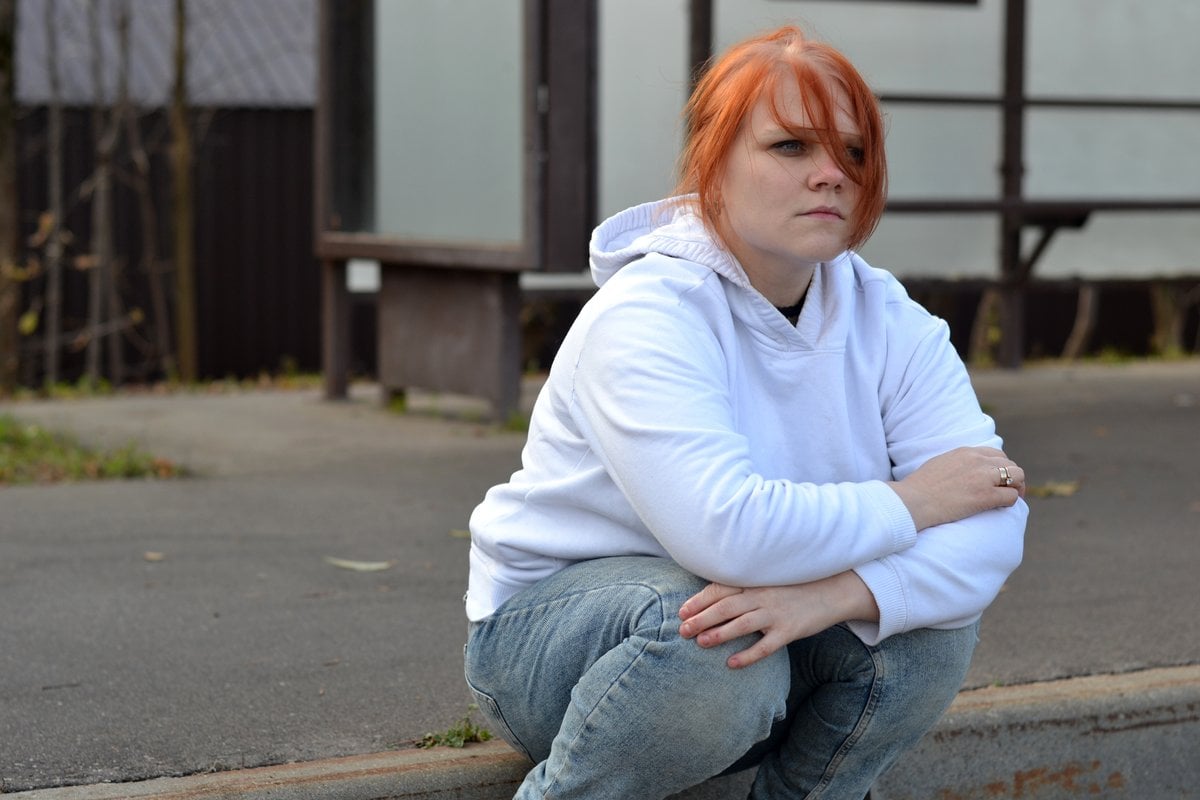
Being body-shamed is a different type of hurt.
But from our parents? That cuts deep.
Unfortunately, it's something a lot of people — especially young girls — experience at the hands of the ones they love.
One young woman made this clear when she shared her own experience on the popular Reddit thread "Lose It".
"My [mother] and grandma won't stop body shaming me and it hurts," she shared, adding that her family's words had sent her into a downward spiral.
"I started to have an unhealthy relationship with food. She either explicitly says that I'm fat or keeps food away from me so I won't eat it. It genuinely hurts."
After her post gained traction, the young girl confessed she felt "very uncomfortable" telling her mother about the impact her words were having.
"I'm too uncomfortable with the way I look to even talk about it," she wrote.
It's sad to note this is young woman's experience is not uncommon. Research tells us that up to 76 per cent of adolescents have experienced comments from their parents regarding their weight, shape or eating behaviours.
Watch: How to improve your daughter's body image. Post continues after video.


Top Comments